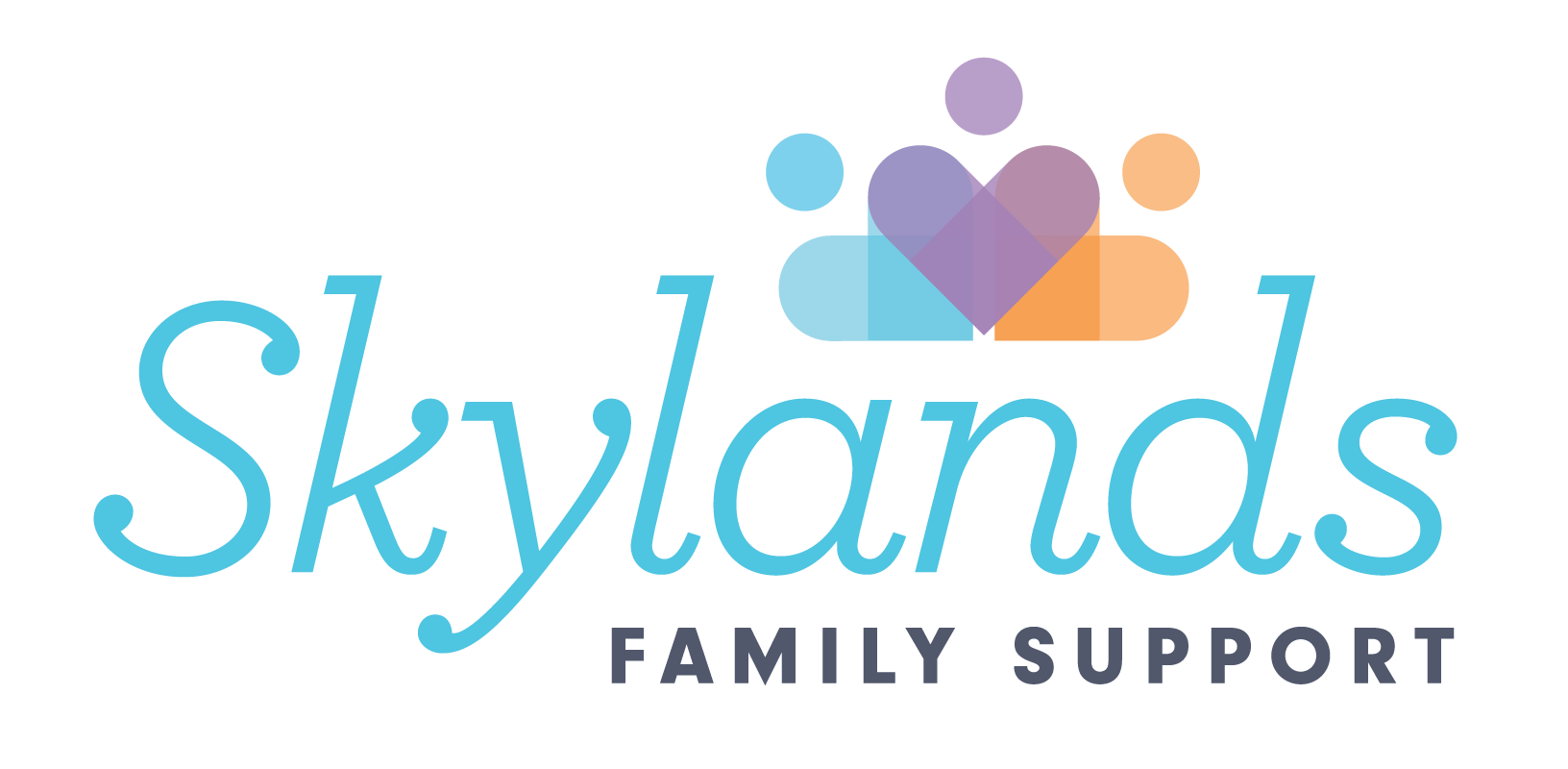How Support Coordinators Assist Those with Different Disabilities
Every disability can present unique challenges, but they also come with unique strengths. A great support coordinator knows how to recognize—and support—both.
Support coordination is never one-size-fits-all. Every individual is different—and so are their needs, goals, and the way they want to live. That’s why it’s so important to work with a support coordination agency that understands how to tailor care for people with different disabilities, including autism, cerebral palsy, and Down syndrome. Let’s take a closer look at how support coordinators provide personalized, thoughtful guidance for individuals with a wide range of support needs.
Individualized Care Planning
Support begins with understanding. A great support coordinator takes time to get to know the person—not just their medical or developmental history, but their personality, routines, sensory needs, communication style, and goals. This foundation helps create an Individualized Service Plan (ISP) that reflects the person’s real-life preferences and priorities.
READ MORE: 6 Steps to Creating an Individualized Service Plan (ISP) Tailored to Your Loved One
The ISP may look very different depending on the individual’s disability. For someone with autism, it might focus on building structure, routine, and community-based supports. For someone with cerebral palsy, it could include coordinating physical supports and accessible transportation. For individuals with Down syndrome, it might involve preparing for transitions like employment and independent living. The plan always starts with what matters to the person—not just what services are available.
Coordinating and Accessing Services
One of the biggest challenges families and individuals face is navigating the NJ Division of Developmental Disabilities (DDD). Support coordinators help people understand this care system, identify which services they are eligible for, and how to access them.
These services can include day programs, respite services, behavioral supports, and so much more. The coordinator works to ensure the supports are not only appropriate, but also culturally sensitive, accessible, and aligned with the individual’s communication style and abilities.
They also ensure services don’t operate in silos. Coordinators bring together the various parts of the care team so everyone is working toward the same goals.
READ MORE: 3 Steps to Navigate the New Jersey Healthcare System for Autism Support
Exploring Residential Options
Where a person lives can have a huge impact on their quality of life. Support coordinators help individuals and families explore residential options that reflect the level of independence and support needed.
This could range from living with family, to supportive housing with onsite staff, to shared living or group homes. For some, it may mean developing the skills needed to live independently in the future. A support coordinator will walk families through the process, helping them weigh options, understand eligibility requirements, and plan for both immediate and long-term housing needs.
Supporting the Whole Family
While the focus of support coordination is always on the individual, experienced support coordinators also recognize the importance of family involvement—especially when it’s wanted and welcomed. Family members are often key advocates and supporters. Coordinators work collaboratively with them to make sure they feel informed, respected, and heard throughout the process.
This could include assisting with school transitions, planning for adulthood, or navigating moments of change such as moving out, entering a new program, or adjusting to new supports. When needed, coordinators can also connect family members to resources like counseling, advocacy organizations, or support groups.
Monitoring and Adjusting Over Time
Support coordination isn’t a one-time service—it’s a dynamic, ongoing process. As people grow, change, and move through different stages of life, their needs evolve. A good support coordinator checks in regularly to make sure everything is still working—and if it’s not, they make adjustments.
This relationship between support coordinators and the individuals and families they serve helps prevent gaps in care. Whether someone’s job situation changes, a medical need arises, or a residential arrangement no longer fits, the support coordinator is there to help adjust the plan and coordinate the next steps.
READ MORE: Effective Support Coordination for Individuals with Down Syndrome
Planning for the Future
Some of the most important work that support coordinators do is help individuals and families think ahead. What will daily life look like in five years? What happens after high school? What services may be needed as a person ages?
Future planning includes everything from transition services to guardianship considerations, benefits planning, and setting long-term goals. Coordinators work with families to ensure that tomorrow’s needs don’t become tomorrow’s crisis. They encourage proactive planning that prioritizes the individual’s autonomy, safety, and dreams.
READ MORE: Planning for Long-Term Care Needs of Individuals with Cerebral Palsy
Final Thoughts
Autism, cerebral palsy, and Down syndrome may each bring different types of support needs—but one thing remains consistent: the need for individualized, compassionate, and informed coordination.
The best support coordinators help ensure that individuals are not defined by their diagnosis, but are empowered by a plan that honors who they are and what they want for their lives. They are advocates, connectors, planners, and partners every step of the way.
Looking for a support coordination agency that understands how to work with individuals with diverse disabilities? Skylands is committed to providing person-centered support that evolves with each individual’s goals and needs. Contact us today to learn more about how we can assist your family.




